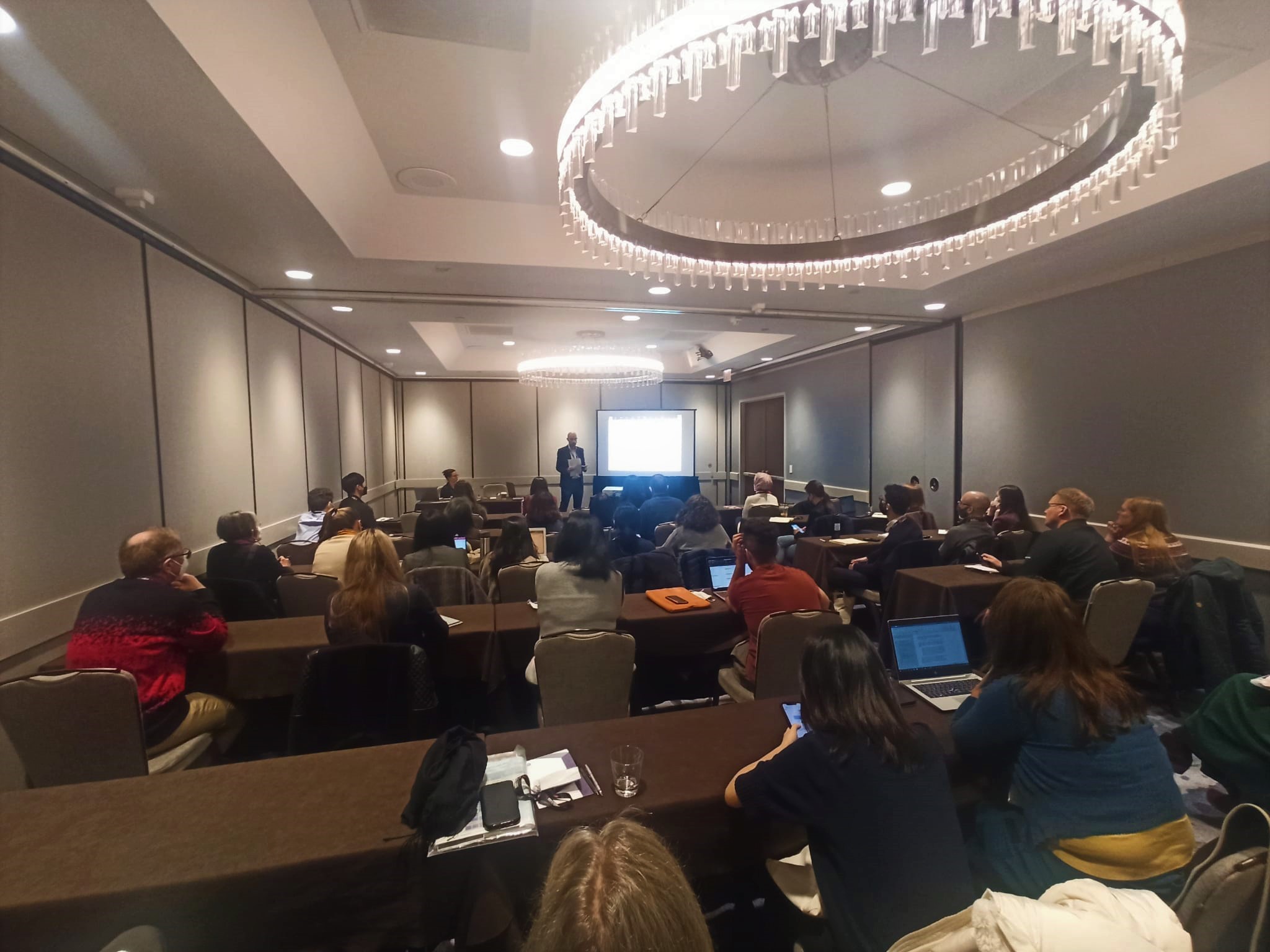the instrumentation and enactment of public education reform
The Reformed Project Final Conference & Workshops
Barcelona, June 15-17, 2022
Educational reforms are being continuously debated and adopted in most parts of the world. More often than not, contemporary educational reforms advance through a new wave of governance instruments, whose ultimate goal is to strengthen the effectiveness and accountability of public education. These instruments favour schools operating as more autonomous and competitive institutions, and encourage them to engage in continuous cycles of assessment, innovation, and improvement.
In the final conference of the Reformed project we discussed about the changing nature of contemporary educational reform, and about their enactments and effects in a wide array of educational settings. The conference focused on the following lines of inquiry:
· Construction of global education reform models: Policy actors' mechanisms and strategies in the theorization and dissemination of global policy models. Focus on the role of international organizations, knowledge brokers and policy entrepreneurs in this regard
· Varying reform trajectories: Trajectories as the function of logics of instruments' choice and the assemblage of new governance instruments with previous educational institutions. How countries' administrative cultures intervene in reform pathways and in the selection and retention of new forms of educational governance.
· The structuring power of policy instruments: Whether and under what circumstances new governance instruments achieve the expected outcomes. How instruments evolve, and often do so unexpectedly due to the emergence of new instrument constituencies, but also due to the different uses and meanings that educational and non-educational actors give to them.
· Reactivity and school responses: How elements of a regulatory and contextual nature intervene in the way school actors (e.g., principals and teachers) receive, engage with and respond to new governance instruments.
· School segmentation and differentiation: The complex relationship between new governance instruments, marketization and segmentation mechanisms in educational systems, and how this affects educational governance, educational practice and the teachers' profession.
KEYNOTE PRESENTATIONS
Keynote presentations were given by reference scholars on public administration and public education reform, in conversation with Reformed team researchers who provided input drawing on the project’s findings
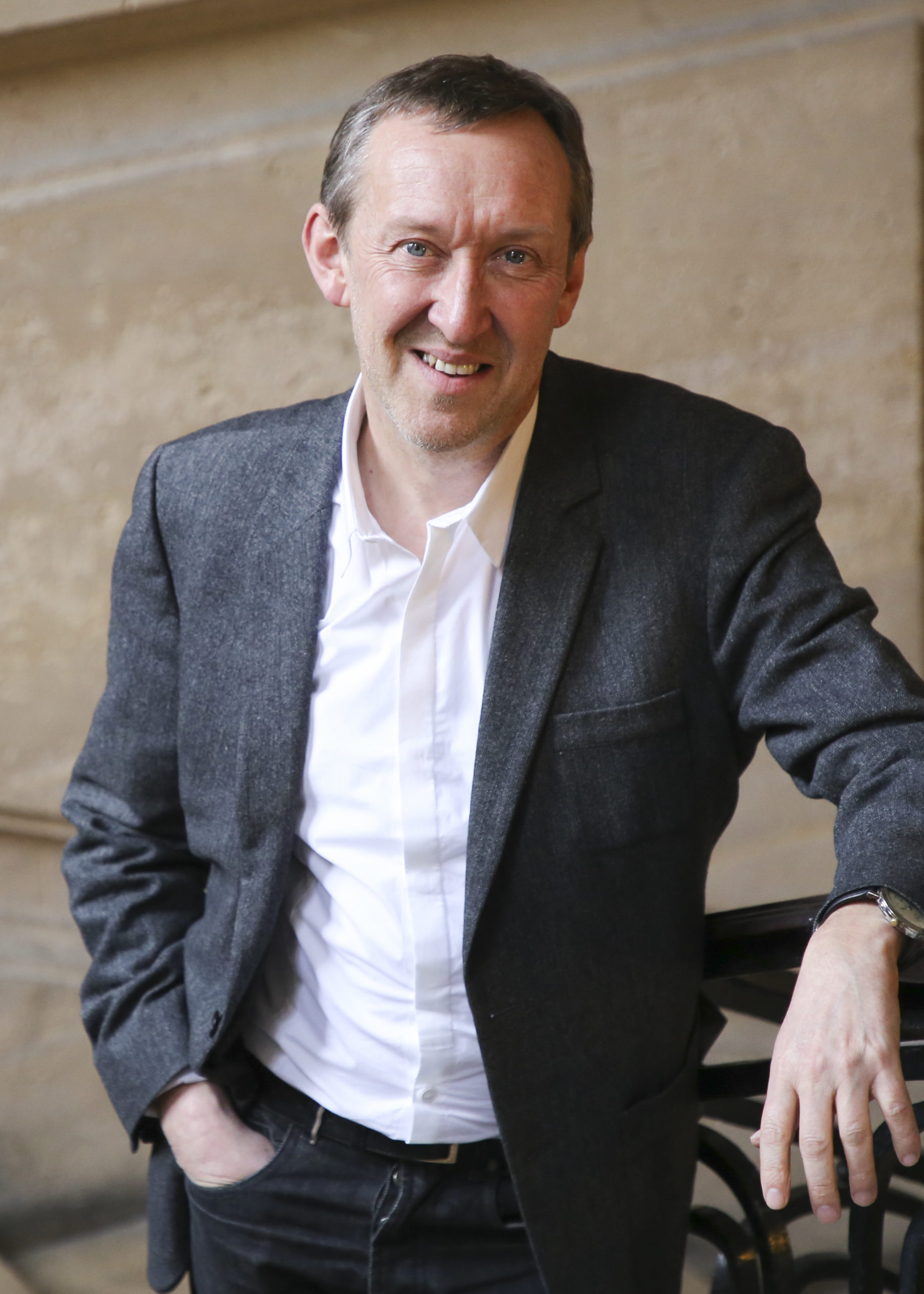
The Constitutive Power of Policy Instruments
Patrick Le Galès
Sciences Po
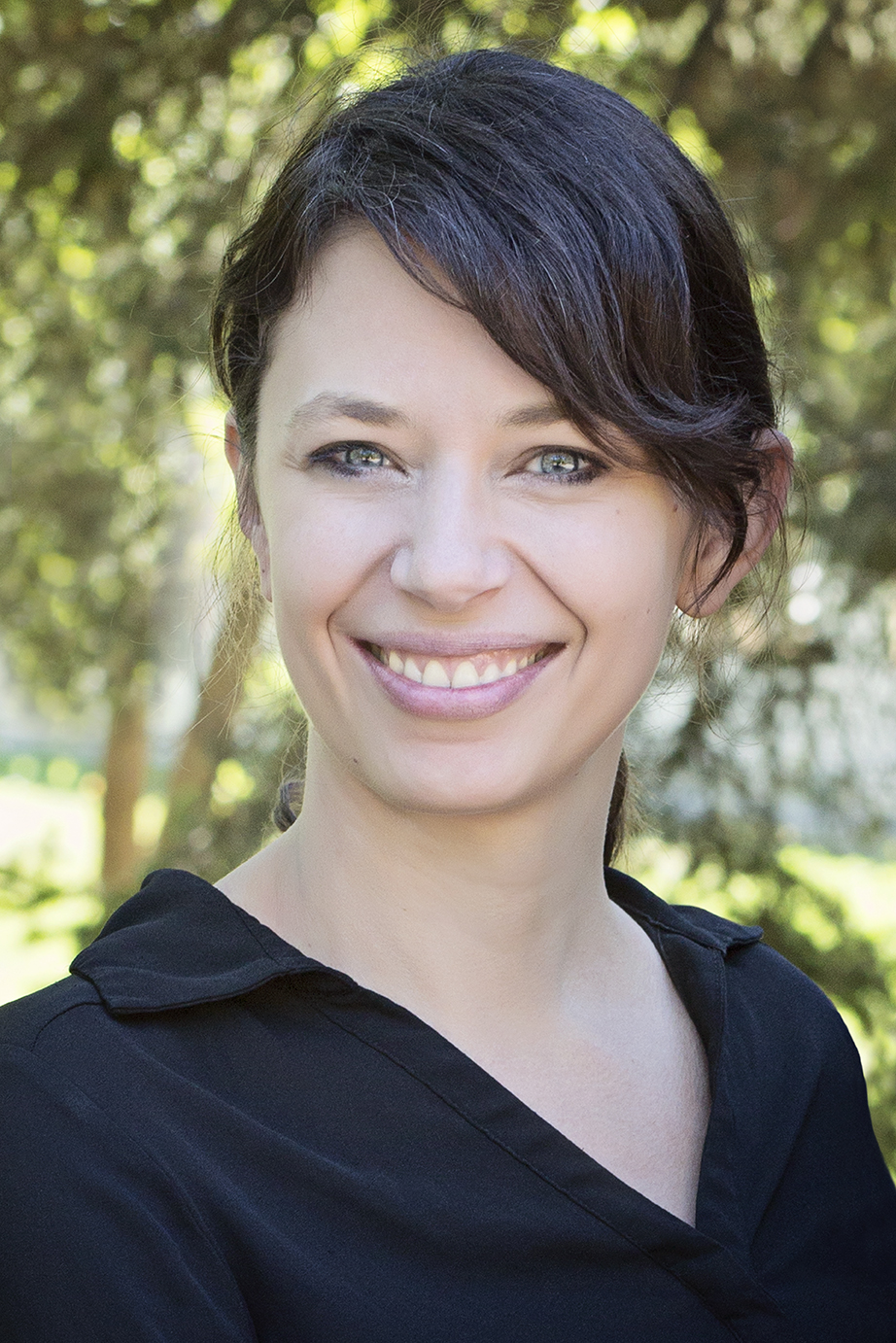
The Political Economy of Educational Reform
Jane Gingrich
University of Oxford
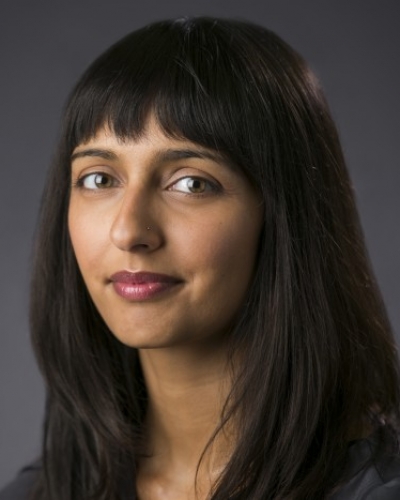
Markets and Inequality: Exploring the Mechanisms of Choice and Competition in Schools
Huriya Jabbar
University of Texas
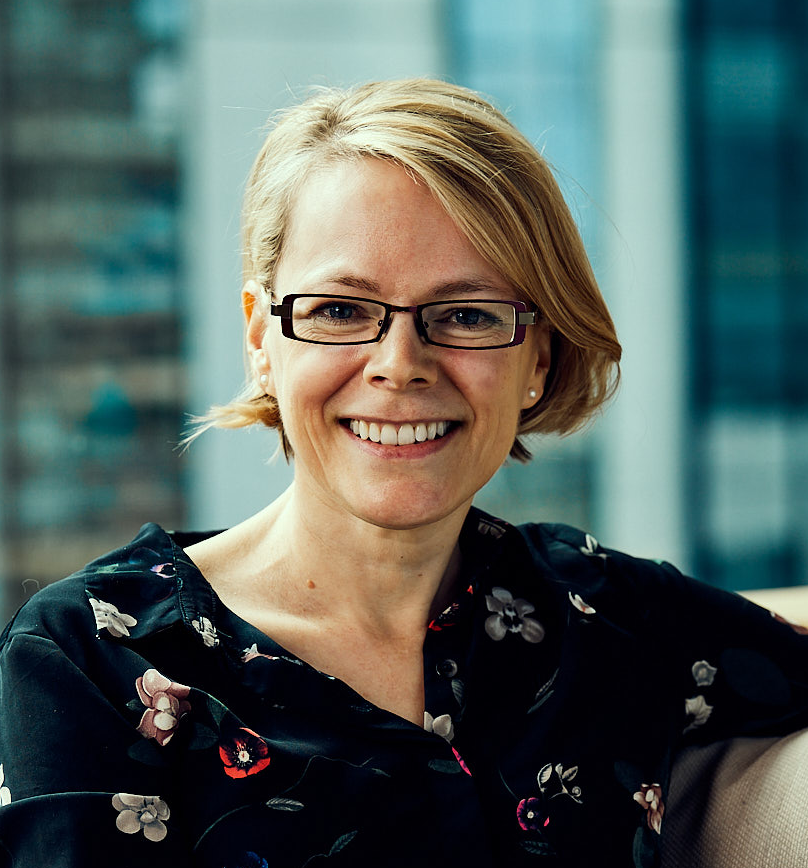
Social Justice and School Autonomy Reform Requires Activist- Rather than Market-Oriented Governance
Amanda Keddie
Deakin University
FINAL ROUND TABLE
In the final round table, four outstanding scholars reflected on how, to what extent, and under which conditions accountability instruments can reinforce teachers' professionalism
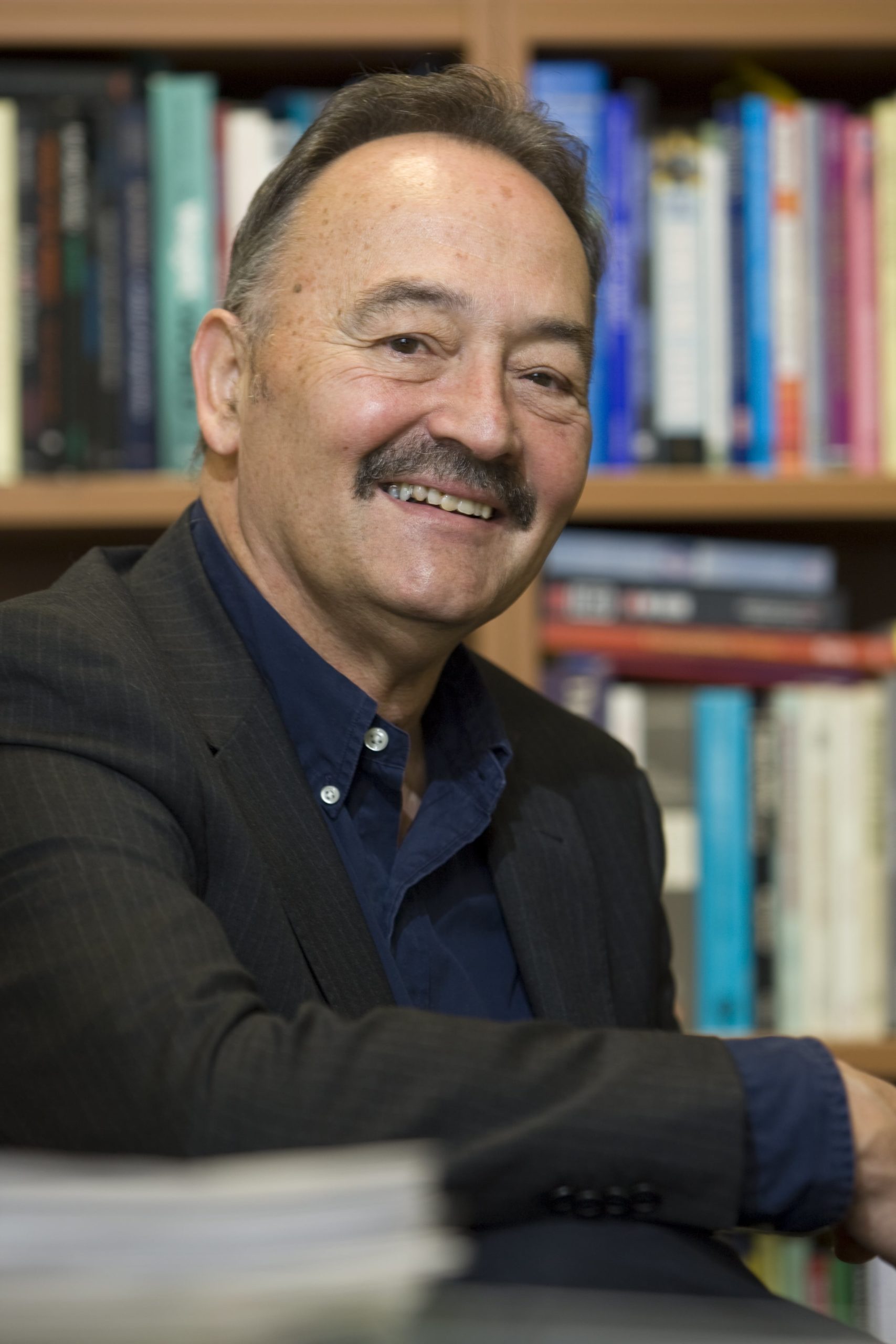
Bob Lingard
The University of Queensland
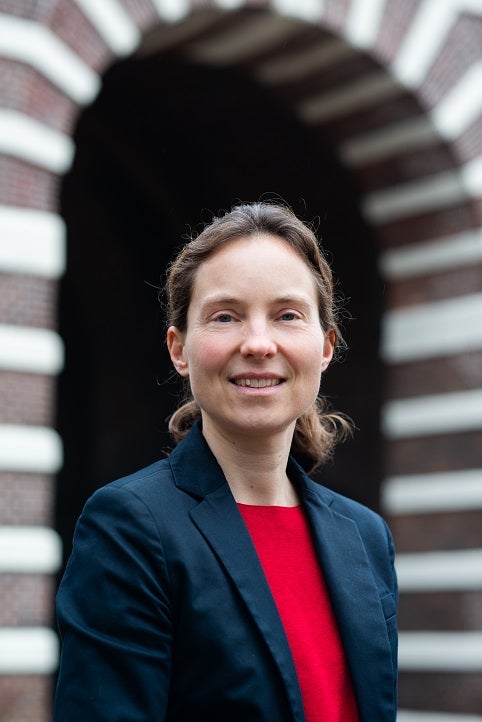
Melanie Ehren
Vrije Universiteit Amsterdam
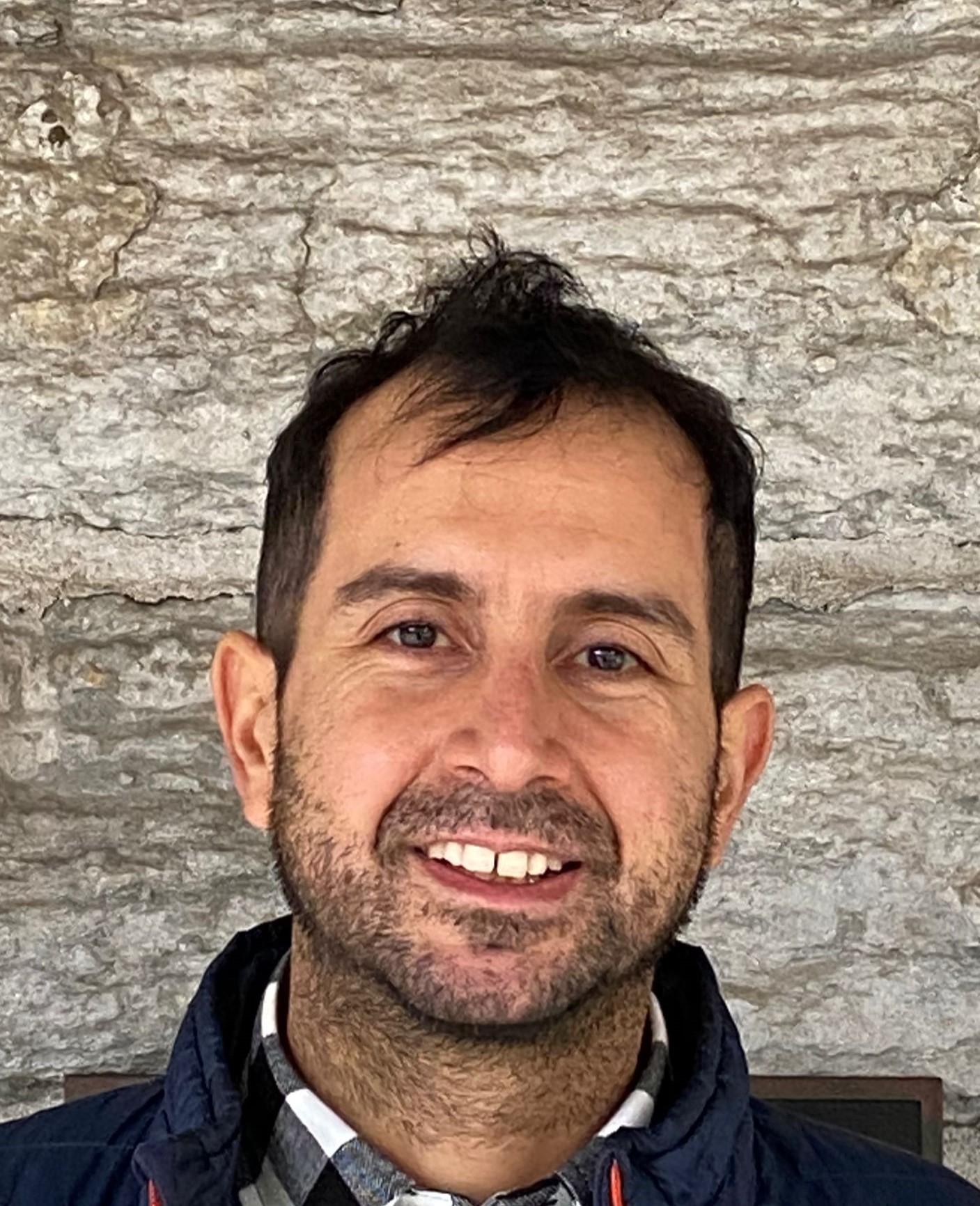
Javier Campos
Universidad Austral de Chile
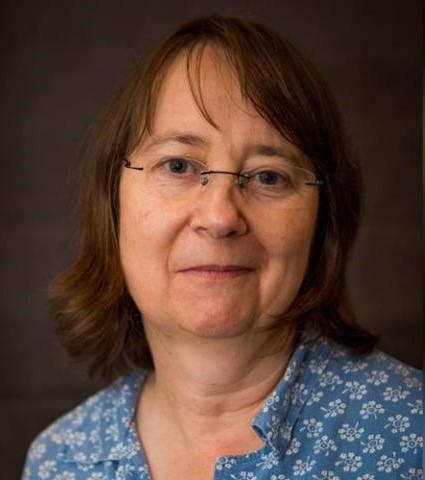
Gemma Moss
University College London
OPENING & CONCLUDING CEREMONIES
Three reference researchers opened and concluded the event with us, in representation of all the scholars that have generously supported the project at different stages

Gita Steiner-Khamsi
Columbia University
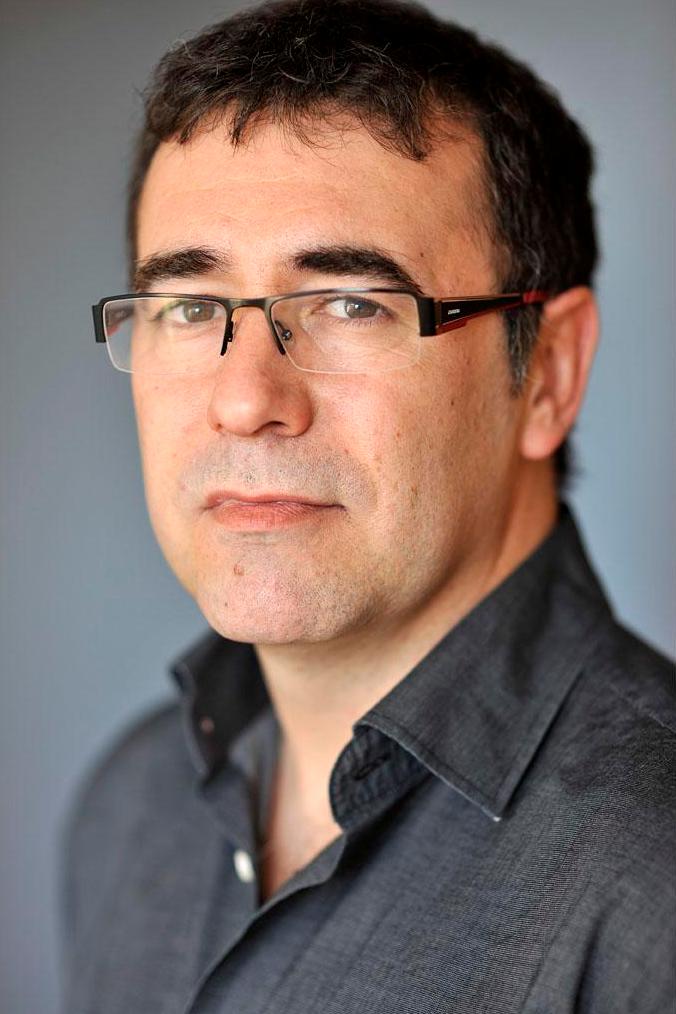
Xavier Bonal
Universitat Autònoma de Barcelona

Agnès Van Zanten
Sciences Po
workshops
Conference participants presented their research papers, which were intensively discussed using an innovative methodology, in the following thematic networks:
· Network 1 - Policy Trajectories: Mauro C. Moschetti & Antoni Verger (coordinators)
Altrichter, Kemethofer & Soukup-Altrichter (Johannes Kepler University Linz; Pädagogische Hochschule Oberösterreich); Kauko, Pitkänen & Varjo (University of Tampere; University of Helsinki); Min Ji K. (University College London); Villalobos & Quiero (Pontificia Universidad Católica de Chile); Rivas (Universidad de San Andrés); Acosta & Esper (Universidad Nacional de General Sarmiento; Columbia University); Voisin & Fernández (University of Liege; Universidad de Chile); Sivesind, Tiplic & Johnsen (University of Oslo; University of Southern Denmark); Giudici & Gingrich (University of Oxford); Choi (The Education University of Hong Kong); Farhadi & Winton (York University); Zancajo (The University of Manchester); Viseu & Neves (University of Lisboa; King's College London); Malandrino, Barbato & Galanti (University of Bologna; Università degli Studi di Milano); Moschetti, Verger & Quilabert (Universitat Autònoma de Barcelona); Pagès & Termes (Universitat de Girona; Institut d'Estudis Regionals i Metropolitans de Barcelona); Ferrer-Esteban, Verger & Fontdevila (Universitat Oberta de Catalunya; Universitat Autònoma de Barcelona)
· Network 2 - Enactment and Markets: Edgar Quilabert & Gerard Ferrer-Esteban (coordinators)
Winchip (Zayed University); Sivesind (University of Oslo); Montes, Jacovkis & Tarabini (Universidad Complutense de Madrid; Universitat de Barcelona, Universitat Autònoma de Barcelona); Waitoller & Lubienski (The University of Illinois at Chicago; Indiana University); Chouhy & Akchurin (University College London; Loyola University Chicago); Boterman & Ramos (University of Amsterdam; University of Helsinki); Mendoza, Oyarzún, Carrasco & Honey (Pontificia Universidad Católica de Chile; Pontificia Universidad Católica de Valparaíso); Bueno (Universitat Autònoma de Barcelona); Parma, Ranci & Agasisti (Politecnico di Milano); Bonal & González (Universitat Autònoma de Barcelona); Cordini, de Angelis & Bernardi (Politecnico di Milano); Bernelius, Ramos & Rönnberg (University of Helsinki, Aalto University); Carrasco (Universitat Autònoma de Barcelona); Quilabert, Ferrer-Esteban, Moschetti & Verger (Universitat Autònoma de Barcelona; Universitat Oberta de Catalunya)
· Network 3 - Reactivity and school responses: Antonina Levatino, Marjolein Camphuijsen & Lluís Parcerisa (coordinators)
Normand (University of Strasbourg); Milner (Aalborg University); Rind & Malin (Miami University); Rai (Northwestern University); Scandurra, Theben & Saltelli (Universitat Autònoma de Barcelona; Universitat Pompeu Fabra; University of Bergen); Larsen (Aarhus University); Honey, Carrasco, Oyarzún & Mendoza (Pontificia Universidad Católica de Chile; Pontificia Universidad Católica de Valparaíso); Holloway & Santori (Australian Catholic University; King's College London); Hall, Cole, Doney, Olmedo & Pearson (University of Exeter); Falabella (Universidad Alberto Hurtado); Camphuijsen & Levatino (Vrije Universiteit Amsterdam; Universitat Autònoma de Barcelona); Montefiore & Ferrer-Esteban (Universitat Autònoma de Barcelona; Universitat Oberta de Catalunya); Levatino, Ferrer-Esteban & Verger (Universitat Autònoma de Barcelona; Universitat Oberta de Catalunya)
· Network 4 - Professional Autonomy: Laura Mentini & Marcel Pagès (coordinators)
Barrenechea & Cavendish (University of Miami); Gunnulfsen & Hall (University of Oslo); Ehren (Vrije Universiteit Amsterdam); Gloppen (University of Oslo); Hwa (University of Oxford); González (Universidad Católica Silva Henríquez); Lingard, Baroutsis & Sellar (University of Queensland; Southern Cross University; University of South Australia); Niederberger, Skedsmo & Mausethagen (Schwyz University of Teacher Education; Oslo Metropolitan University); Boyask (Auckland University of Technology); Daliri-Ngametua & Hardy (Australian Catholic University; University of Queensland); Prieto (Universidad Autónoma de Madrid); Andrade (Universidade Federal de Minas Gerais); Gurova (Skolkova Education Development Center); Mentini & Levatino (Universitat Autònoma de Barcelona)
· Network 5 - Actors in Policy Trajectories: Clara Fontdevila, Giulia Montefiore & Andreu Termes (coordinators)
Thu (University College London); da Silva & Adrião (University of Porto; State University of Campinas); Karseth, Bernotaire & Sunby (University of Oslo); Moreira (Universidade de Lisboa); Sorensen (Jagiellonian University in Krakow); Esper & Matovich (Columbia University; University of Melbourn); steiner-Khamsi (Columbia University); Kenji (State University of Campinas); Baek (University of Oslo); Jeong & Engel (The George Washington University); Addey (Universitat Autònoma de Barcelona); Wahlström (Linnaeus University); Ridge, Mansur & Tandogan (Sheikh Saud bin Saqr Al Qasimi Foundation for Policy Research); Caravaca, Edwards & Moschetti (Universitat Autònoma de Barcelona; University of Hawaiï); Ortiz & Lakhno (Universitat Pompeu Fabra; Central European University); Fontdevila & Verger (Universitat Autònoma de Barcelona)
